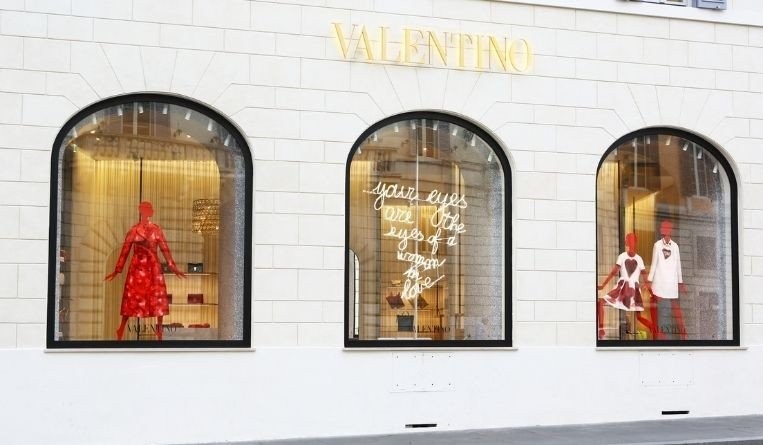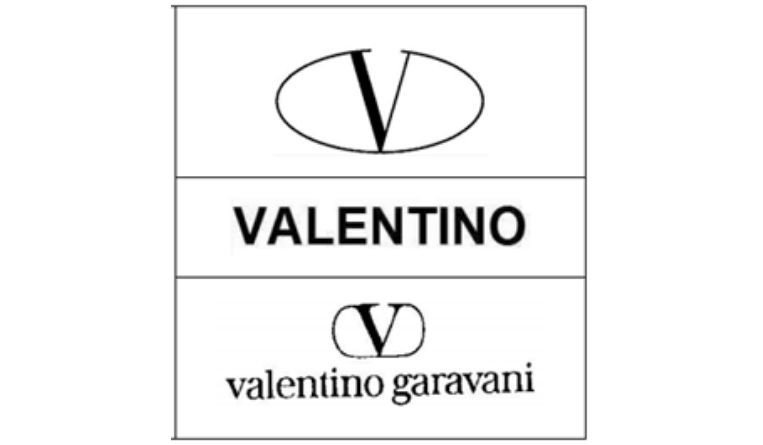Valentino S.p.A loses to Matsuda & Co. over dispute in trademark name ‘Valentino’
30 November 2020


Choosing a trademark for businesses comes with a risk, whether it is a given name, a surname, or a combination of the two. It is because others may be able to use these names in good faith without impinging upon the trademark owner’s rights. The more common the name, the more likely it is to be difficult to protect the trademark, except in combination with a given name.
This case is an example of a dispute between two businesses who have chosen such trademark.
Matsuda & Co. (the applicant) is a company that sells a wide range of goods such as bags, clothing, footwear, headgear and jewelry. The applicant applied to register the Valentino Rudy trademark (the application mark) in Singapore on 12 October 12, 2017, under Trade Mark No. 40201719905R in Classes 18 and 25.
VALENTINO S.p.A (the opponent) is a well-known Italian company that operates luxury fashion businesses worldwide, and was founded in Rome in 1959. The opponent is the registered proprietor of 33 earlier trademarks and filed its Notice of Opposition to the registration of the Application Mark on January 24, 2018.
The applicant filed its counterstatement on March 14, 2018.
Grounds of opposition
Section 8(2)(b) of the Trade Marks Act (the act). The application mark is similar to an earlier registered trademark for identical goods and services that already exists and may create confusion on the part of the public.
Section 8(4) of the act. The application mark shall not be registered if the whole or an essential part of the trademark is identical with or similar to an earlier registered trademark that is well known in Singapore that would (i) indicate a connection between those goods or services and the proprietor of the earlier trademark, and (ii) would cause dilution in an unfair manner of the distinctive character of the earlier trademark.
Section 8(7)(a) of the act. The application mark shall not be registered if its use in Singapore is liable to be prevented by virtue of any law protecting an unregistered trademark or sign used in the course of trade (ie., the law of passing off).
Decision of the Registrar
Decision on Section 8(2)(b) of the act. The ground of opposition under the act fails at the initial impediment. The registrar based its decision on the following reasons.

As per the opponent, the average consumer of the goods (bags, wallets, clothing, headgear footwear, and other sorts of products) would not pay a high degree of attention when selecting the goods. On the other hand, the applicant considered that the consumer would pay a higher than normal attention when choosing the goods.
The Registrar said that the consumers are reasonably aware of the brand, thus giving a medium degree of attention to his/her choice of product.
Although the opponent relied on 33 earlier trademarks, the counsel of the opponent accepted in the hearing that these three marks (opponent’s composite mark) are its best case.
The application mark and the opponent’s composite mark must not be broken down into parts and shall be taken as a whole. Overall, the Registrar found that both of the marks have its own degree of significant distinctiveness.
Visual/aural/conceptual similarity
Visual similarity. The application mark and the opponent’s composite mark are more dissimilar than similar. The mark “VALENTINO”, as characterized by the Court of Appeal, is a common name, as well as the central positioning of a device element above the word elements.
The application mark and the opponent’s composite mark are both comprised of two words, ‘Valentino Rudy’ for the former, and ‘valentino garavani’ for the latter. Though both of them contain the letter ‘V’ logo on the center of its marks, the application mark is more of an asymmetrical logo in a square box.
Therefore, in the perspective of an average consumer, the dominant element in the application mark would be the cursive script, and written in lower cases for the opponent’s composite mark.
Aural similarity. The word ‘VALENTINO’ is present in both the application mark and the opponent’s composite mark, but does not take element in the ‘Rudy’ and ‘Garavani’. It is also taken into consideration that the pronunciation of the word ‘VALENTINO’ may be emphasized in the application mark by an average consumer, which is shared with the opponent’s composite mark.
The application mark contains exactly half of the aural content of the opponent’s composite mark, making it more dissimilar than similar. Overall, the Registrar found the aural similarity neutral and favors no one.
Conceptual similarity. Simply because the word ‘VALENTINO’ is present in both marks does not make it the same. Conceptually, the dominant element in the application mark is the cursive style of the name ‘Valentino Rudy’ and does not in any way resemble the opponent’s composite mark.
Decision on Section 8(4) of the act. The ground of the opposition under Section 8(4) fails. Though the opponent contends that the presence of the word ‘Valentino’ in the application mark makes it the dominant element, the Registrar does not consider it correct. The application mark contains two essential features (the ‘V’ logo and the stylized “Valentino Rudy”) and must be interpreted as a whole.
Decision on Section 8(7) of the act. The ground of opposition under Section 8(7) of the act fails. It is proven that the opponent owns goodwill in Singapore due to its sales, advertising, promotional activities. The opponent also operates two boutiques, and a website that is accessible in the country.
However, the use of the application mark does not establish any misrepresentation to the opponent’s mark because there is no similarity, thus, creating no harm in the relationship of the consumer and opponent’s products.
Overall Conclusion
Considering all the finding of lack in similarity and failure on all grounds of the opponent, the IP Adjudicator allowed the application of the application mark to be registered.








